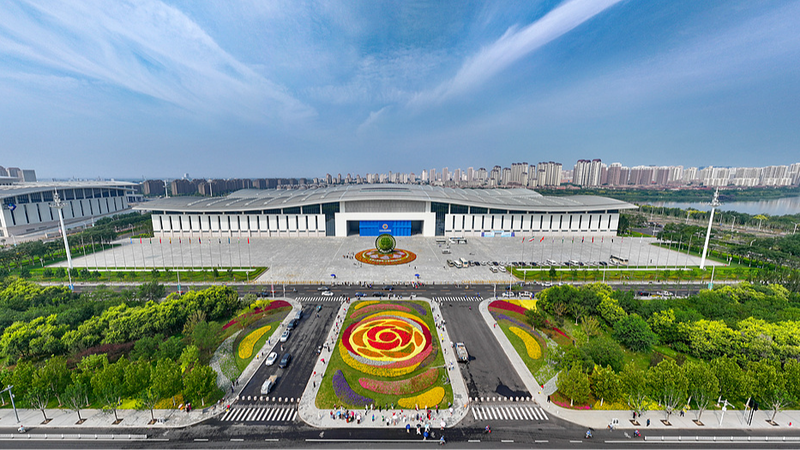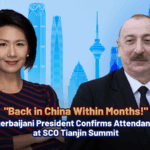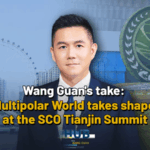At the Shanghai Cooperation Organization (SCO) Plus summit in Tianjin, Chinese President Xi Jinping unveiled the Global Governance Initiative (GGI), positioning it as a transformative framework to address systemic inequities in international systems. The initiative emphasizes sovereign equality, multilateral cooperation, and people-centered development, with experts highlighting its potential to amplify the Global South's voice.
Reforming Global Governance
Professor Liu Baocheng of the University of International Business and Economics described the GGI as a response to “confusions and turbulences” in global governance. “China’s economic might now allows it to propose solutions for a more just international order,” he said, stressing the initiative’s focus on rejecting unilateralism and prioritizing equitable development.
Multilateral Institutions Under Scrutiny
Paul Frimpong, Executive Director of the Africa-China Center for Policy and Advisory, noted that existing institutions like the UN and IMF face a “polycrisis” of credibility. “Africa has 54 countries but no permanent UN Security Council seat. If you’re not at the table, you’re on the menu,” he argued, calling for urgent reforms to representation and financing structures.
Africa as Active Partner
Both experts emphasized the GGI’s alignment with African priorities. Frimpong highlighted synergies with Agenda 2063, Africa’s development blueprint: “This initiative recognizes Africa as a partner, not a periphery.” Professor Liu added that successful implementation requires “transparency and leadership responsibility” to address populations’ real needs over political posturing.
Reference(s):
Global Governance Initiative: a new era for the Global South
cgtn.com








